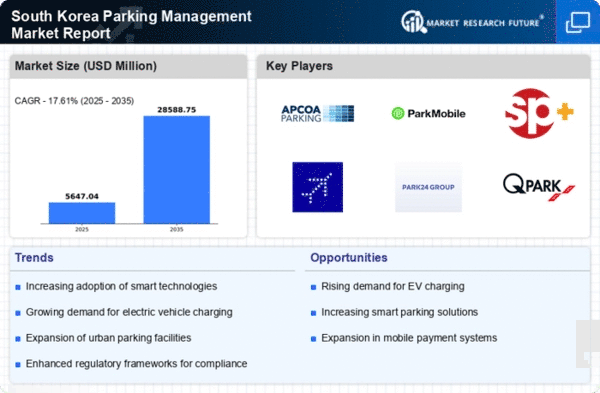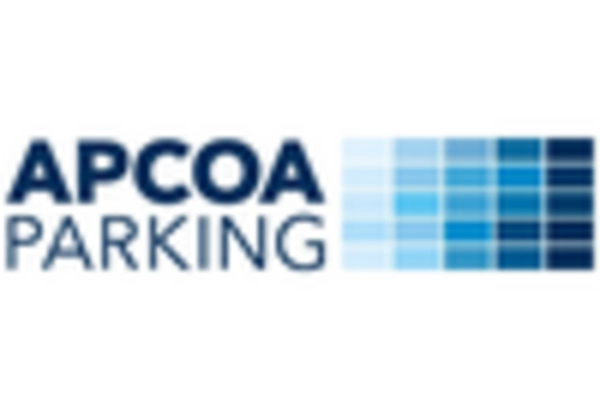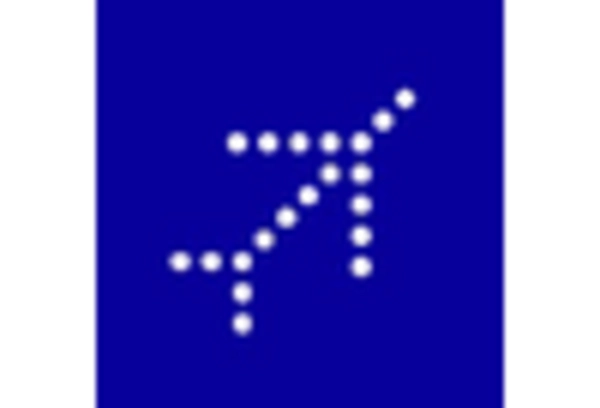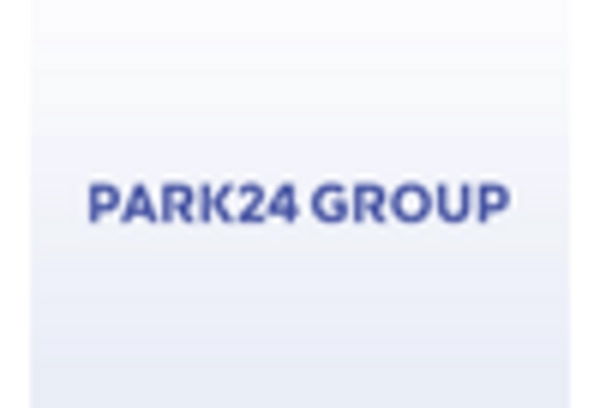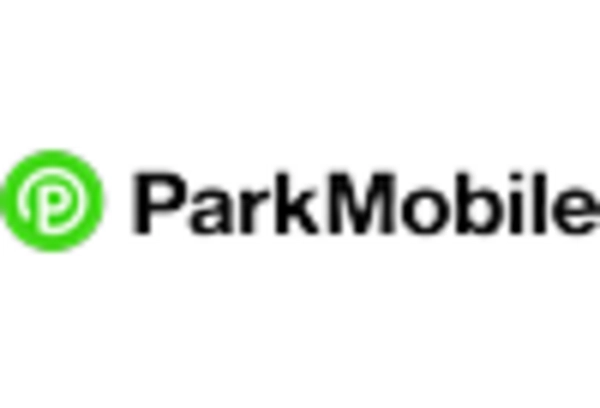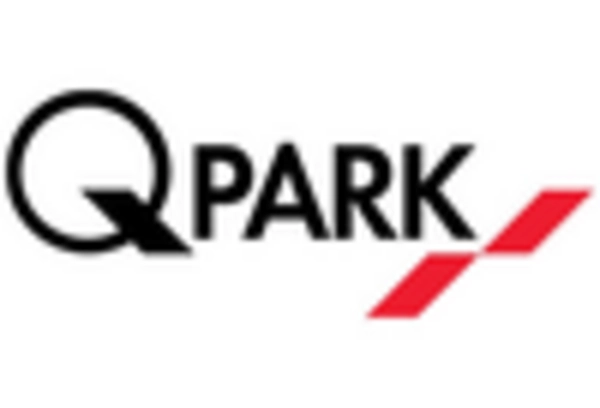Increased Vehicle Ownership
The rising vehicle ownership in South Korea is a significant driver for the parking management market. With the number of registered vehicles surpassing 23 million, the demand for parking spaces has surged. This increase in vehicle ownership is particularly pronounced in urban areas, where limited parking availability exacerbates congestion and frustration among drivers. Consequently, the parking management market is likely to expand as stakeholders seek to develop more efficient parking solutions. Additionally, the trend towards car-sharing services may also influence parking demand, as these services require dedicated parking spaces and management systems to operate effectively.
Focus on Smart City Initiatives
The emphasis on smart city initiatives in South Korea is a driving force behind the parking management market. As cities strive to enhance urban living through technology, the integration of smart parking solutions becomes increasingly vital. Initiatives aimed at improving traffic flow and reducing emissions are prompting local governments to invest in intelligent parking systems. For instance, the implementation of sensor-based parking solutions is expected to increase by 25% over the next few years. This focus on smart city development is likely to propel the parking management market forward, as it aligns with broader goals of sustainability and urban efficiency.
Urbanization and Population Growth
The rapid urbanization in South Korea is a crucial driver for the parking management market. As cities expand and populations increase, the demand for efficient parking solutions intensifies. In metropolitan areas like Seoul, the population density has reached approximately 17,000 people per square kilometer, leading to a significant strain on existing parking facilities. This urban growth necessitates innovative parking management systems to optimize space utilization and reduce congestion. The parking management market is projected to grow as municipalities invest in advanced technologies to optimize space utilization and reduce congestion. Furthermore, the South Korean government has initiated various urban development projects, which are likely to further stimulate the demand for effective parking solutions.
Government Regulations and Policies
Government regulations play a pivotal role in shaping the parking management market in South Korea. Recent policies aimed at reducing traffic congestion and promoting sustainable urban mobility have led to increased investments in parking infrastructure. For instance, the South Korean government has implemented stricter zoning laws and parking requirements for new developments, which encourages the adoption of smart parking solutions. Additionally, the introduction of incentives for electric vehicle (EV) parking facilities is likely to drive market growth. The parking management market is expected to benefit from these regulatory frameworks, as they create a conducive environment for innovative parking technologies and services.
Technological Advancements in Parking Solutions
Technological advancements are transforming the parking management market in South Korea. The integration of mobile applications, automated payment systems, and real-time parking availability information is enhancing user experience and operational efficiency. For example, the adoption of mobile payment solutions has increased by approximately 30% in recent years, indicating a shift towards cashless transactions in parking facilities. Moreover, the rise of Internet of Things (IoT) devices is enabling smarter parking solutions, allowing for better monitoring and management of parking spaces. These technological innovations are likely to drive the growth of the parking management market, as they offer enhanced convenience and efficiency for both operators and users.


